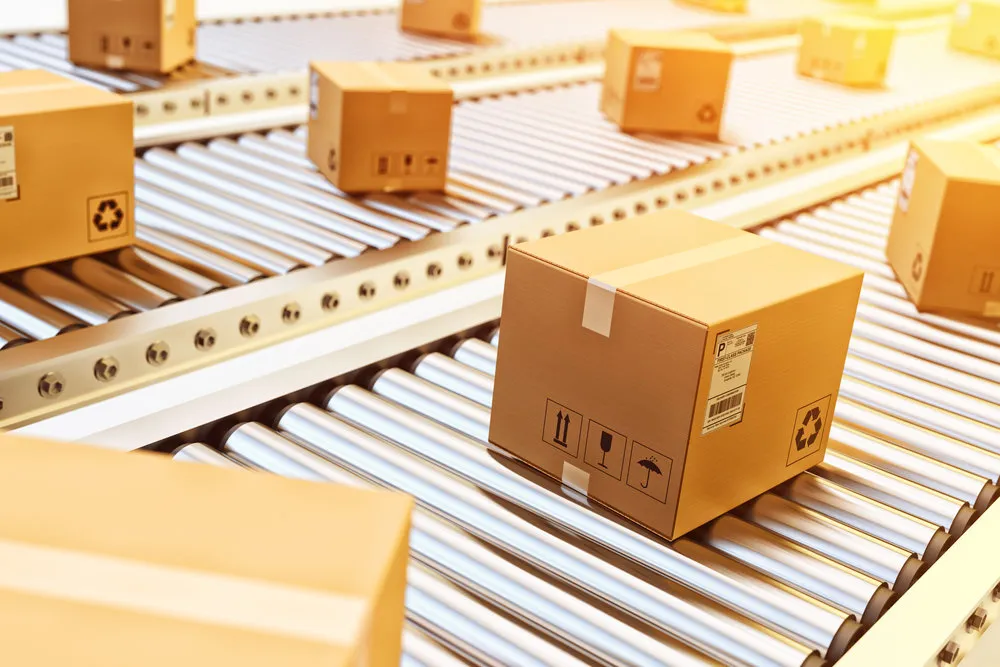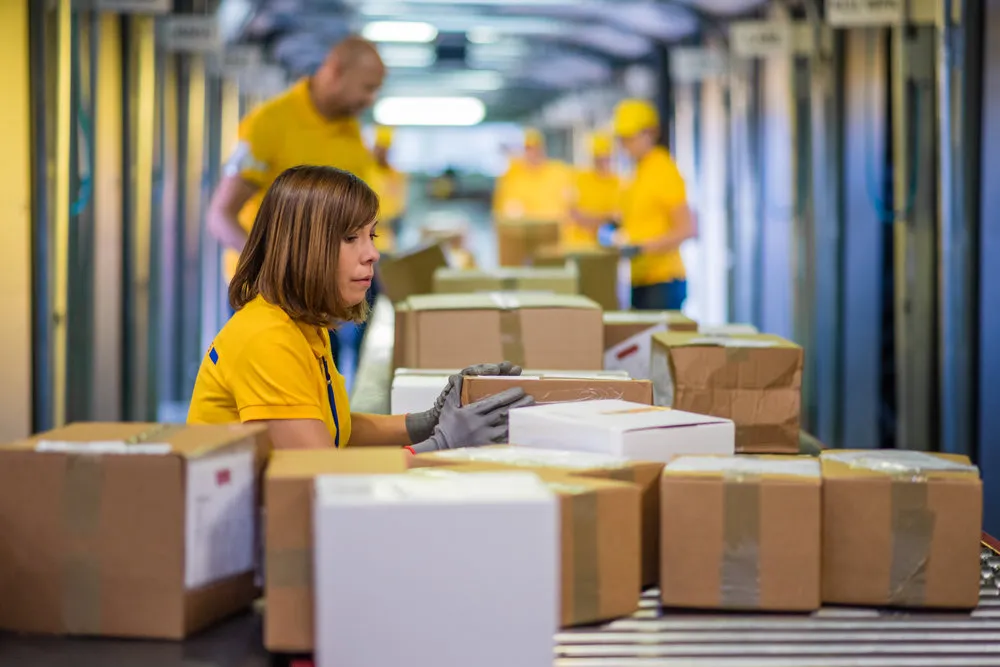
For business owners looking to cut costs and increase efficiency along their supply chains, they should look no further for inspiration on what to do (and not do) than Tesla.
There may not be a more exciting company than Tesla right now. Elon Musk’s crew is blazing a trail into space, as well as new paths on the ground for automotives and energy storage. Musk in particular and the company in general are excellent at creating buzz, which most other businesses would kill to generate organically.
But in one crucial area, Tesla is lacking, and it’s an area that would destroy any other business’ chance at success. That’s in the area of supply chain management.
Overpromising and Under-Delivering
Most businesses with an e-commerce component know that there’s no faster way to lose a prospective customer—one who could become a source of repeat business—than by promising or promoting an item, and then failing to deliver.
Companies that don’t operate with an efficient supply chain management system often run into problems with stocking inventory, or with delays in shipping that inventory to waiting, often impatient customers.
And yet Tesla appears to be doing the one thing a company should never do, which is make promises about their inventory that they can’t keep. Here’s some analysis from
Business Insider:
The company's struggles to build the Model 3 are well-documented. Musk said Tesla would be making 20,000 Model 3 vehicles per month by December 2017, but while the company hasn't released production numbers, it delivered just over 1,500 in the entire fourth quarter last year. …
"If the Model 3 does not work out, we're not going to be talking about Tesla the same way in five years," Anand said. "We could very well be talking about Tesla, the company that used to exist."
Those well-documented struggles are reportedly things like resorting to building car batteries by hand (which might result in a hazardous product), needing to completely rewrite software, and firing hundreds of workers. The result has been “production hell.”
Even revolutionary products like Tesla’s cars and trucks won’t mean much if they don’t get to market.
Writing in Nasdaq, Travis Hoium notes that Apple wouldn’t be nearly the juggernaut it is today without the supply chain expertise of Tim Cook, the company’s current CEO:
One of the underappreciated reasons the iPhone is the global phenomenon it is today, and the profit machine it is for Apple, is the product's supply chain. Apple designs the iPhone and all other Apple products, but contracts most of the supply chain…. The complex process is like a symphony of disparate suppliers that are shipping parts around the world -- and Tim Cook is the conductor.
Hosium argues that Tesla needs its own version of Cook in order to make things right, and that the company might miss its opportunity to be great if it doesn’t make that change.

For Tesla, these issues are likely just hiccups on the road to success—the company has its hand in lots of different projects and has already raked in enough money to stay afloat through production issues.
But if your company was just starting out and had to push through these kinds of problems just to get your product to market, you’d be in trouble. In many ways, Tesla already is.
As a result, businesses should learn a lesson from Musk’s grand proclamations about being able to deliver 20,000 Model 3 cars and then only coming up with a fraction of that number. If
your inventory management and supply chain management systems aren’t running at peak efficiency before you start marketing and promoting your products, you’re going to have a hard time getting off the ground.

Revolutionizing Everyone Else’s Supply Chain
The irony here is that Telsa is actually taking steps towards revolutionizing the supply chain of almost every other major business in the country, and perhaps the world, by
introducing their line of all-electric big-rig trucks that incorporate semi-autonomous driving systems.
Now, let’s assume for the moment that these trucks make it to market, something that you might doubt when reading the above paragraphs.
If they do, they’ll be an absolute game-changer.
The Tesla Semi can reportedly go 500 miles on a single charge, and can ride in a fleet of other trucks, which might make transportation costs plummet below that of rail transport, and certainly below diesel trucks.
Both J.B. Hunt Transport Services and Wal-Mart have placed pre-orders for the trucks. If these companies, among others like Amazon and UPS, begin supplementing or even replacing their fleets with these Tesla semis (or other similar trucks), prepare for a new era of lowered supply chain costs that will make it cheaper and easier than ever to get your products into the hands of customers.
We are likely still years away from this truck and others like it from becoming an oft-utilized reality, but other advances in the world of supply chain management and other transportation technology will also drive down prices. New sensors and other tools on vehicles will alter insurance premiums on trucks and other fixed assets; while the spread of
barcode-based inventory management systems will bring low-cost, flexible means of tracking packages to companies of all sizes, from tiny home businesses to big brands.
Once Tesla builds chargers that can turn their trucks into cross-country suppliers, and companies like Amazon begin rolling out some of their more outlandish (but theoretically extremely efficient and useful) warehouses, like flying or underground versions, we’ll see in a new era of commerce take root across the globe.
The takeaway for small business owners here is that gains by big companies like Tesla and Amazon won’t necessarily spell the end of the little guy. In fact, their advances could potentially help create a more level playing field for all participants (though those who can buy, ship, and sell in bulk will always be the big winners).
In the end, it all revolves around the condition of the supply chain. If your operations are scattered and mismanaged, you’re going to suffer in the short-term (drops in orders and stock prices) and the long-term (brand damage and loss of investment, and perhaps even failure).
But if you’re able to stick it out for the next few years, expect the way we think about efficient and cost-effective supply chain management to change completely. We haven’t even discussed
trends like robotics, sustainability, and and Internet of Things. It’s about to be a new era, whether or not Tesla is able to take us there.


